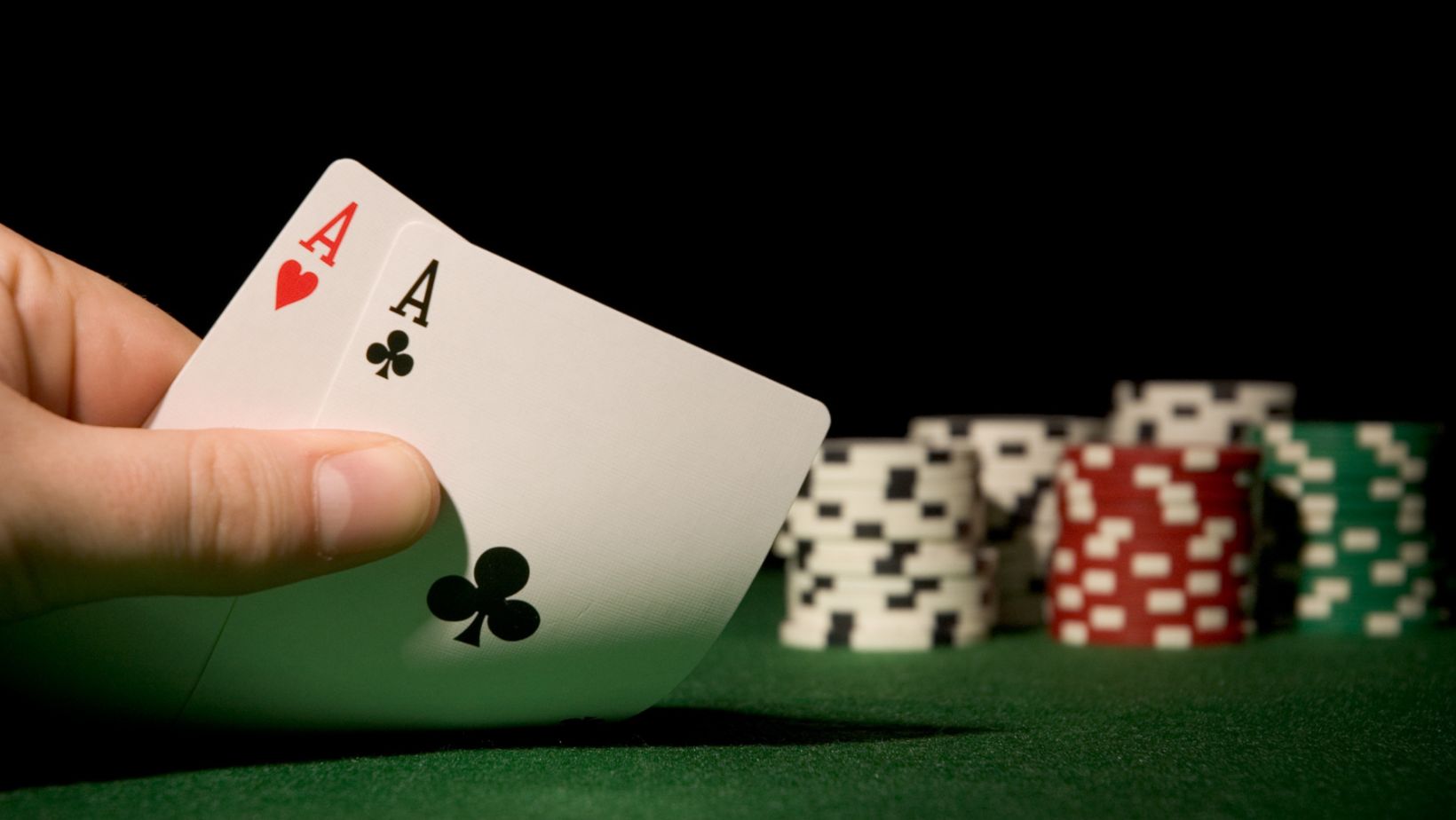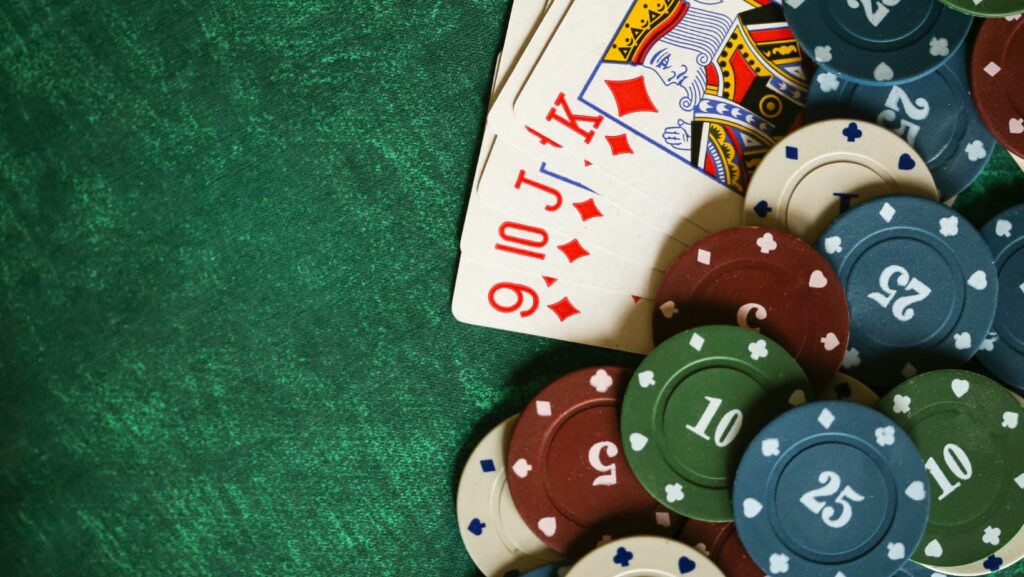Curious about all these gambling systems that are supposed to bring you bigger wins? I’ve tested a few of the most popular ones to see if any actually work.
Here’s what I found.
Want to test systems somewhere reliable? Boo Casino offers exactly that environment—licensed since 2019 by the Malta Gaming Authority, they’ve got over 3,700 games from 40+ providers. Their welcome package hits NZ$1,000 plus 150 free spins across three deposits, giving you plenty of room to properly test any betting pattern without worrying about sketchy operations or hidden fees.
What Even Is a Gambling System?
A gambling system is a set of rules people use to bet. Usually, it’s about how much to bet after you win or lose. They sound smart on paper—some even look like math. But don’t get fooled. These aren’t hacks. They’re just patterns.
Most systems I tried were either progressive (you increase or decrease bets based on wins/losses) or predictive (you bet based on patterns you think you see).
Testing these patterns becomes easier with resources like freeslots99.com/sg/ where you can run hundreds of trials without any financial risk.
The Results of My Tests
Test #1: The Martingale System (AKA Wallet Killer)
This one’s a classic. You double your bet after every loss, then reset to your base bet after a win. One win is supposed to wipe all past losses and give you a tiny profit.
 So I tested it on roulette—betting on red. Started at $2. I lost. Next bet: $4. Lost again. Then $8, then $16… you get the point. On the 6th spin, I was down $62. Finally hit red. I won $64. Net profit? $2. But man, the sweat.
So I tested it on roulette—betting on red. Started at $2. I lost. Next bet: $4. Lost again. Then $8, then $16… you get the point. On the 6th spin, I was down $62. Finally hit red. I won $64. Net profit? $2. But man, the sweat.
Next session? Same setup. Got seven losses in a row. My bet jumped to $128. That’s where I tapped out. Table limits or low bankroll can kill this system fast.
Verdict: Looks like a win—until it wrecks your balance. High risk, tiny reward.
Test #2: The Paroli System (The “Good Vibes” Version)
Paroli is like the chill cousin of Martingale. You increase your bet after each win, not loss. The idea is to ride hot streaks. You start small and go bigger only when you’re already winning.
I ran this on baccarat, starting with $5. I won and bumped to $10. Won again, went to $20. Then lost. So I dropped back to $5.
Feels nicer than Martingale—you’re not digging out of a hole. But one loss ends the streak and wipes your gain. I had sessions where I went three wins deep and made $35 total. Not bad. But I also had long dry spells where I stayed stuck at $5 bets and barely moved the needle.
Verdict: Less risky than Martingale, but still no edge. Works best when you’re already lucky.
Test #3: Pattern Chasing (Spoiler: Patterns Lie)
This one plays on the old gambler’s fallacy. You track outcomes and bet based on what you think is “due.” If roulette hits black five times in a row, you bet red next—because surely red is “due.”
I gave this one a proper test. I opened a notepad, tracked roulette spins, and waited for streaks. Once I saw five of the same color, I’d bet on the opposite.
It didn’t work. Sometimes I’d see black come up eight times in a row. Sometimes my “due” pick hit right away. But other times I’d chase it for four or five spins and still lose.
Verdict: The wheel doesn’t care. There’s no “due.” Just random.
Did Any System Actually Help?
What worked best wasn’t really a system. It was just me playing flat bets on games with solid odds. I stuck to blackjack using basic strategy. Just $5 bets, every hand.
 What happened? I played longer. I didn’t get emotional. Some days I was up $20–30. Some days I was down the same. But I never felt crushed.
What happened? I played longer. I didn’t get emotional. Some days I was up $20–30. Some days I was down the same. But I never felt crushed.
Same deal when I tried video poker (Jacks or Better) and even some low-volatility slots. No fancy system—just slow, steady betting.
Why People Still Love Broken Systems
Even when they don’t work, systems feel like they do. They give structure. A sense of control.
And when they win, it feels like proof. That $2 win after a Martingale run? Feels like a victory. Even though I risked $126 to get it.
We love patterns. Our brains are wired for them. But online casino games are run by code and RNGs, not karma. There’s no memory. Just odds.
So What’s the Real “System”?
I wish I could give you some secret sauce. But most systems are just math gymnastics that ignore one big thing: the house edge is built in.
Here’s what actually helps me:
- Pick games with a real strategy. Blackjack. Video poker. Not slots with 96% RTP but zero control.
- Use tools that give you info. I track my sessions and log every bet. It shows me what games drain me the fastest.
- Set clear rules before I sit down. Like, “Only play when I feel sharp,” or “Stick to this one game tonight.”
Final Thoughts: Systems Are Fun—Until They’re Not
Gambling systems are fun to test, but they’re not built to win. They can make your sessions feel structured. They can buy you time. But they won’t beat the house in the long run.
Want a real edge? Learn the games. Learn yourself. Know what makes you tilt. Know when you’re chasing and not thinking.
Systems won’t save you. But testing them? That taught me way more than any guide ever did.


